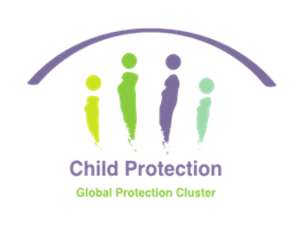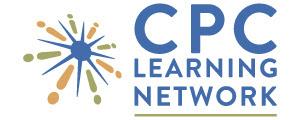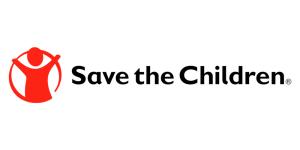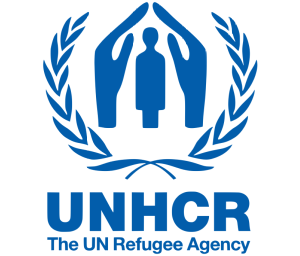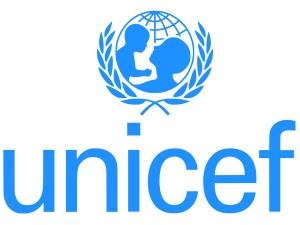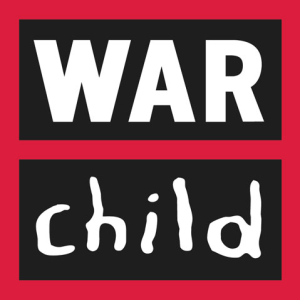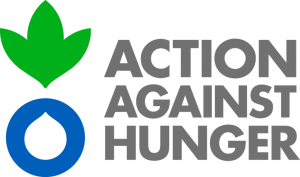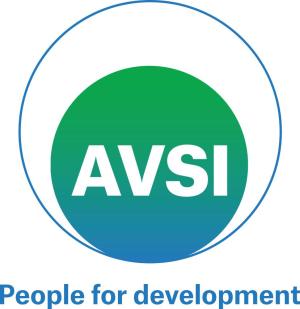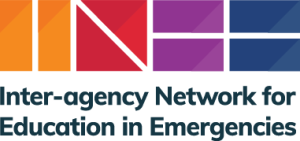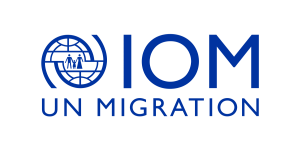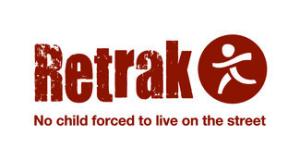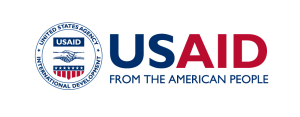
Led By: International Rescue Committee and World Vision
Contact us at: ame.wg@alliancecpha.org
Our Mission
The AME (Assessment, Measurement, and Evidence) Working Group exists to empower child protection practitioners with the tools, evidence, and skills needed to improve outcomes for children in humanitarian settings. We focus on promoting evidence-informed decision-making, fostering collaboration, and building capacity to integrate data and insights into program design and implementation.
Key Priorities of the AME Working Group
- Developing and Sharing Tools: We create, review, and disseminate tools and methods to help practitioners assess and monitor child protection programs effectively.
- Generating and Promoting Evidence: We synthesise, analyse, and share evidence to inform and improve child protection in humanitarian settings.
- Building Capacity: We provide training, guidance, and resources to enhance the skills of practitioners and organisations in using evidence and assessment tools.
- Collaborating Across Groups: We support other Working Groups and Task Forces in advancing their work through evidence-based approaches, including developing shared methodologies and frameworks.
Latest News
New Briefing Note! Global Impact of Humanitarian Funding Cuts on Children’s Protection

Drawing on input from over 250 child protection practitioners in 55 countries, and insights from five leading child protection agencies, this new brief on the "Global Impact of Humanitarian Funding Cuts on Children and Their Protection in Humanitarian Contexts" presents stark evidence of the catastrophic consequences that ongoing funding cuts are having on children’s safety and well-being...
Take our Survey! What impact are funding cuts having on children?

Take 5 minutes to share what you’re seeing! We are gathering data on how recent funding cuts are affecting children worldwide. We need your insights to help us: Identify key areas of impact Advocate for urgent funding and policy solutions Support practitioners working in crisis settings The survey takes just 5 minutes, and your responses will remain anonymous. Please take a few minutes to complete...
Working Group Member Organisations
Webinars
Webinar | Enhancing Parenting Practices in Humanitarian Settings: Evidence and Strategies

Discover how parenting interventions can transform lives in humanitarian crises. Our expert panel will discuss the findings of a comprehensive meta-analysis on reducing violence against children and improving family well-being in low- and middle-income countries. What You'll Learn: Key findings on the effectiveness of parenting interventions. Challenges and strategies for implementation in crisis...
Webinar | Harnessing AI and Secondary Data for Smarter Child Protection in Humanitarian Contexts

In the second instalment of the Empowering Child Protection through Evidence Webinar Series, presented by the Alliance, the CPAoR, and UNHCR, this webinar will feature case studies demonstrating how child protection actors can use data and evidence to inform their response, monitoring, and planning in humanitarian contexts. In today’s increasingly complex crises and with the abundance of data...
Webinar | Strategic Advocacy and Funding in CPHA: Leveraging Data and Evidence for Success

This webinar, hosted by the Advocacy Working Group and Assessment Measurement and Evidence Working Group, will delve into the crucial role of data and evidence in shaping advocacy strategies for child protection in humanitarian action (CPHA) and in securing funding. Through case studies and expert insights, the webinar will highlight successful examples where evidence and data have been used to...
Webinar | Capturing Voices: Evidence Generation for CAAFAG

Watch the recording in French or Spanish ! The involvement of children associated with armed forces and armed groups (CAAFAG) in evidence generation, including data collection for research and learning, is often methodologically and ethically challenging. While it is understandable that field practitioners may be hesitant to involve CAAFAG in knowledge generation activities due to the risks and...
Webinar | The Pathways Between Natural Disasters and Violence Against Children—A conversation between research and practice
To find the related research article and blog post, click here. The structure of child protection programming during humanitarian emergencies is based upon the principle of increased risk of violence. Humanitarian programmatic interventions often use the same models for armed conflict and natural disasters. Little is understood on how they may differ, and the bulk of the current evidence focuses...

